|
|
|
|
Facebook has blocked access to news websites for its Australian users in response to legislation that aims to force it to bargain with publishers. The impact has been immediate and dramatic, affecting all news outlets in the country, as well as further afield. The blocked content includes articles produced by The Conversation Australia, but the impact is being felt by all Conversation sites, including The Conversation Africa. It means that you will not be able to share articles from The Conversation Africa on Facebook. This is because The Conversation was founded in Australia and all editions run off a common website. Ways are being sought to
address the situation and we will keep you posted. In the meantime, we urge you to continue reading our work on our website and sharing through email or other social media.
The latest Ebola outbreak is in Guinea, the epicentre of the world’s deadliest in 2014 and 2015, when more than 11,300 people died. Public health expert Mosoka Fallah sets out the crucial questions countries need to ask as part of their preparations to contain the spread of the virus. He also contributes to this week’s The Conversation Weekly podcast, which unpacks the unequal distribution of
vaccinations across the world, explaining in blunt terms that Africa doesn’t have any ‘substantive way to acquire the vaccines’. The podcast also looks at the ongoing battle to secure a waiver on international patent laws that could allow a big scaling up of vaccine production.
It’s beginning to dawn on countries that none will be safe until all are safe from COVID-19. There are a myriad reasons for this. One is the danger of mutations spreading if the virus is left unchecked, as Ahmed Kalebi explains. Ed Rybicki, Anna-Lise Williamson, Don Cowan and Stephanie G Burton set out some of the basics about new variants while Catherine Kyobutungi unpacks the implications of Tanzania and Madagascar saying they won’t vaccinate. Nana Kofi Quakyi explains the hurdles Ghana must clear to get everyone vaccinated.
Tomorrow is International Mother Language Day. Nompumelelo Mohohlwane explores policy options for South Africa while Joyce Esi Bronteng, Ilene Berson and Michael J Berson explain why Ghana is struggling to get its approach right in schools. Peter Mose argues in favour of embracing indigenous languages and H. Ekkehard Wolff sheds light on how local languages can unlock the potential of young people.
|
Jabulani Sikhakhane
Editor
|

|
|
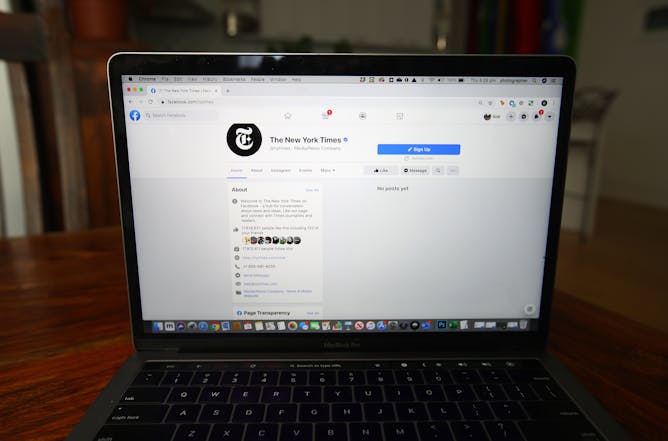
The New York Times Facebook site on Feb. 18, 2021 as seen in Melbourne, Australia: Empty.
Robert Cianflone/Getty Images
Vanessa Freije, University of Washington
The battle between media companies and foreign governments over who controls the news dates back some 150 years, to when European and US wire services dictated the world's headlines.
|
|
|
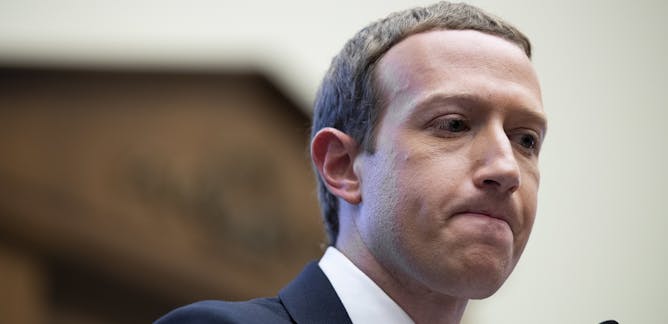
Diana Bossio, Swinburne University of Technology
Facebook pulling the plug on Australian news will cause short-term disruption, but readers and media will recover.
| |

David Tuffley, Griffith University
If you're fed up with Facebook, there are many options to step away, from taking a deactivation break, to a digital spring clean of how the platform accesses your data, to a full divorce.
|

Mosoka Fallah, University of Liberia
Countries in the West Africa region are in a very different position to seven years ago. They now have the experience of the past as well as new tools to tackle Ebola.
| |

Gemma Ware, The Conversation; Daniel Merino, The Conversation
Plus new research on why China is closing down coal-fired power stations. Listen to episode 3 of The Conversation Weekly.
|
|
|
Vaccines
|
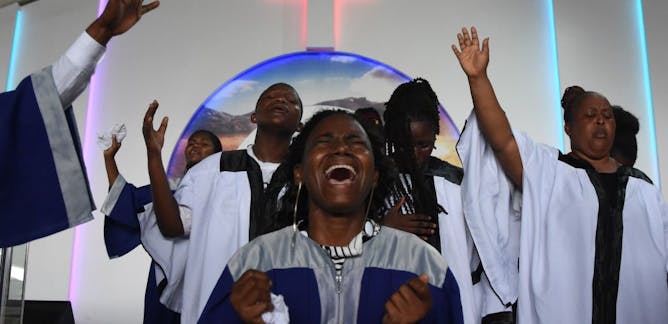
Catherine Kyobutungi, African Population and Health Research Center
The pandemic will not end for anyone, anywhere until it is controlled in every country. Tanzania’s approach will make it that much harder for normality to return.
| |
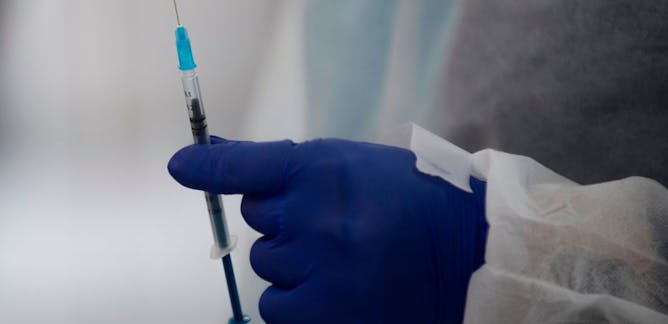
Ahmed Kalebi, University of Nairobi
Even those that live in areas where the population has already been vaccinated would not be totally protected if the virus mutates elsewhere.
|
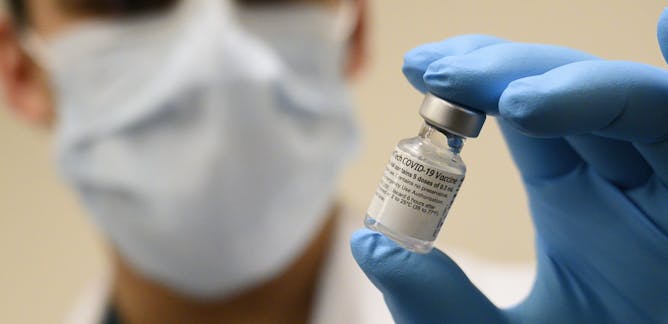
Nana Kofi Quakyi, New York University
Ghana's mid-year target of procuring and administering 17.6 million COVID-19 vaccine doses may be constrained by global supply, cold chain capacity, and vaccine hesitancy.
| |
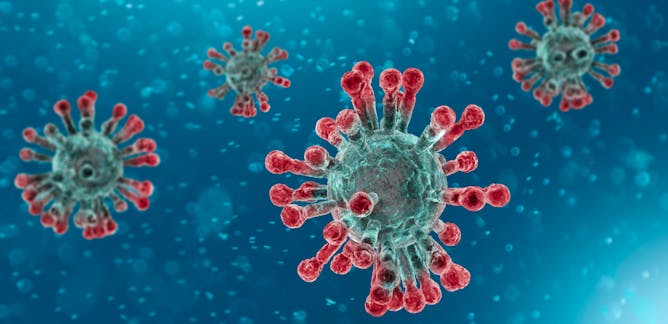
Ed Rybicki, University of Cape Town; Anna-Lise Williamson, University of Cape Town; Don Cowan, University of Pretoria; Stephanie G Burton, University of Pretoria
Occasionally, a mutation will give the virus a better chance of surviving and reproducing itself, and will result in a new population (known as a new lineage)
|
|
|
In the news
|
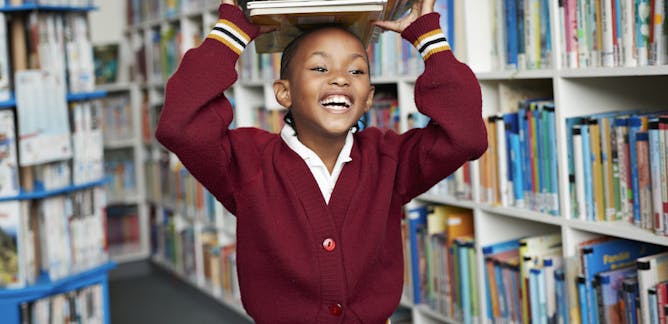
Nompumelelo Mohohlwane, Stellenbosch University
Researchers have been calling for the extension of mother-tongue instruction beyond the current status quo in South African schools, but parents seem to prefer an even earlier transition to English.
| |
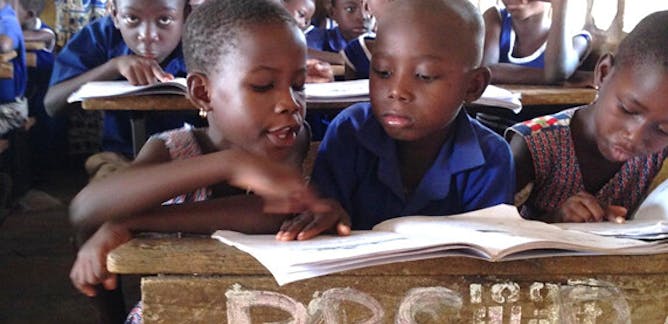
Joyce Esi Bronteng, University of Cape Coast; Ilene Berson, University of South Florida; Michael J Berson, University of South Florida
Inadequate public education on a new language policy has generated resistance from parents at the early childhood education level in Ghana.
|
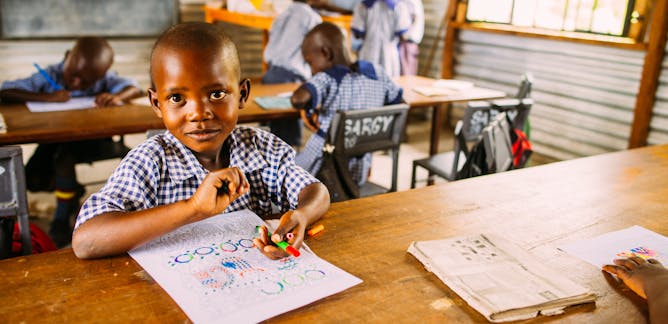
Dr Peter Mose, Rhodes University
Research shows that mother tongue teaching is the most ideal tool for early child education.
| |
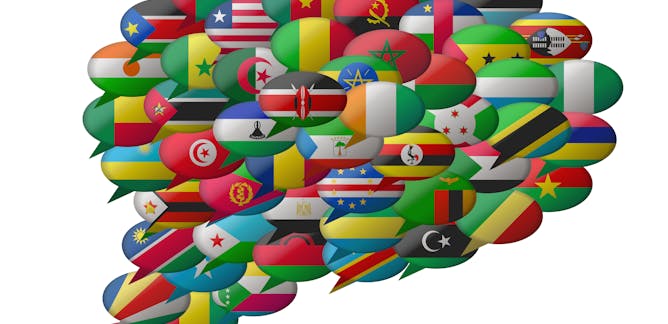
H. Ekkehard Wolff, University of Leipzig
Africa needs a new strategy for mother-tongue based bilingual education, from primary through to tertiary level.
|
|
|
| |
Featured events
|
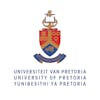
|
Centre for Human Rights, Faculty of Law, University of Pretoria, Pretoria, Gauteng, 0002, South Africa — University of Pretoria
|

|
Future Africa, Hillcrest Campus, South Street, Pretoria, Gauteng, 0084, South Africa — University of Pretoria
|
|
|
|
| |
| |
| |
Would you like to republish any of these articles?
|
|
It’s free to republish, here are the guidelines.
Contact us on africa-republish@theconversation.com in case you need assistance.
|
| |
| |
| |
| |
|
|
|
|
|
|
|